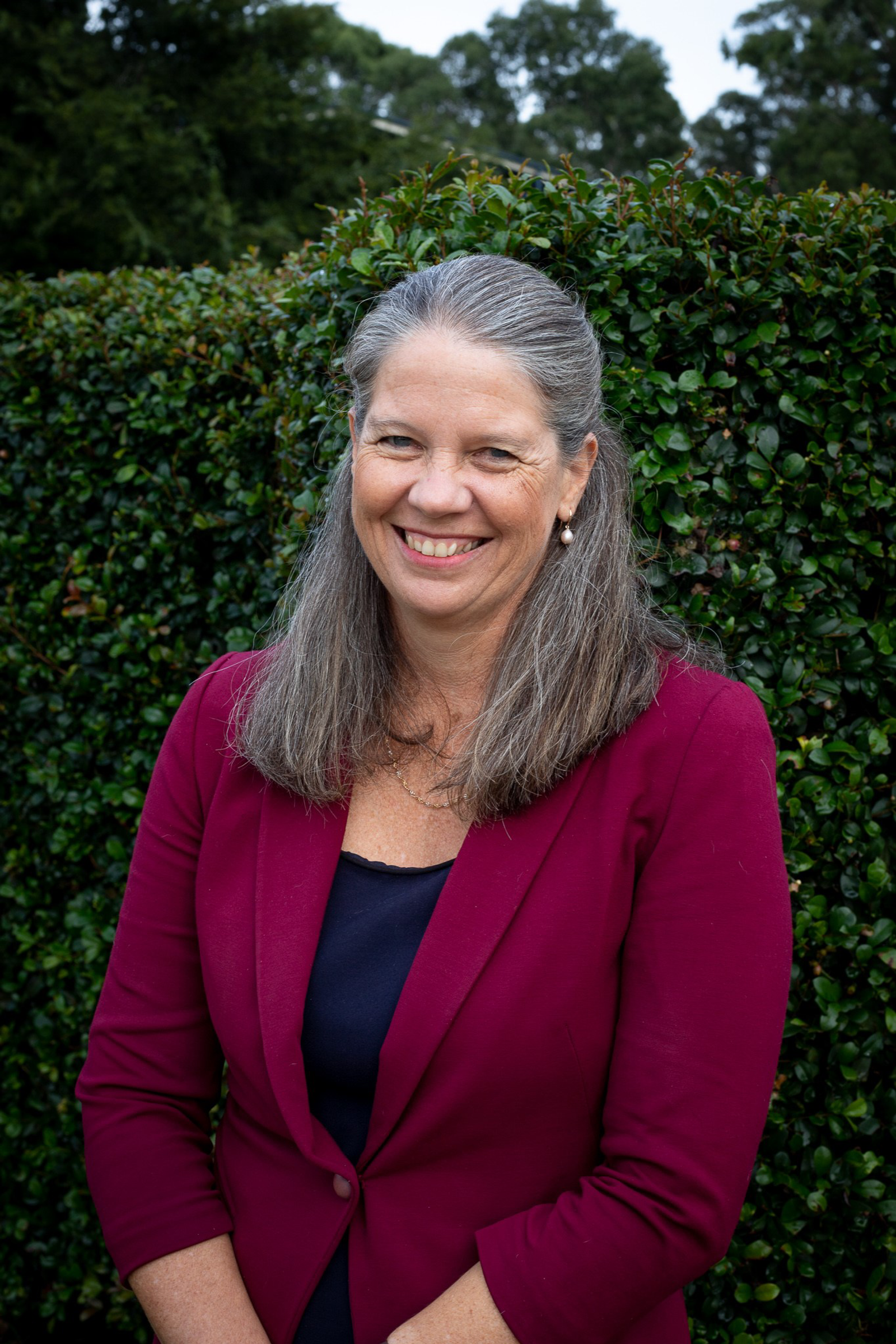From the Principal

From the Principal
Congratulations to the following students:
- Our Year 6 students on a successful ‘Shark Tank’ market today
- Our Primary RISE students on their wonderful fundraiser today
- Charlotte Brooks and Lily Carr, two Year 9 students, who have been coaching some of our younger netball teams this term
- Our Year 9 netball team on making the SSATIS Grand Final yesterday.
This week, it was a privilege to hear a presentation by Emeritus Professor John Sweller from UNSW speak about Cognitive Load Theory (CLT). This is a significant theory that helps us understand how individuals, adults and children alike, learn.
CLT is grounded on the concept of biologically primary and biologically secondary learning. Primary learning is the acquisition of those skills that occurs naturally for the majority of people. This includes learning to walk, listen and speak, for example. Secondary learning is the acquisition of those skills that are not part of our biological make up and need to be taught. Reading and writing are among these skills.
CLT also proposes that our capacity for new learning is limited by our working memory. That is the number of pieces of new information that we can hold in memory at any one time. It takes multiple repetitions of new knowledge or skills to be able to transfer new information from the working memory to long term memory.
One of the joys of teaching is seeing students shift from laboured, intentional learning of new knowledge or skills to quick, automated recall. We often see this when students are learning to read. The majority will have to work at learning new vocabulary, at developing their recognition of letter patterns and using these to decode words. Over time, they are able to automatically recognise thousands of words.
Our capacity to acquire new learning is influenced by what already exists in long term memory. We will learn new information or skills more quickly when the input has something to connect to. That is why an experienced reader can often easily identify and comprehend new vocabulary. They often draw on a large network of word knowledge to draw conclusions.
(This link provides an introduction to CLT.)
Professor Sweller finished his presentation by arguing that education is transformational because it changes the way we see and understand the world around us. It gives us a framework for thinking differently. As he was speaking, I also considered the power of the gospel to change lives. I thought about how God’s word and His spirit help us to see the world differently.
As a school, we are committed to deepening the understanding of God’s word among all students, to understand the life-changing value of Christ’s sacrifice and to challenge students to apply this learning to all aspects of their lives. When I pray for our students, I turn regularly to Ephesians 3:16-19.
I pray that out of his glorious riches he may strengthen you with power through his Spirit in your inner being, so that Christ may dwell in your hearts through faith. And I pray that you, being rooted and established in love, may have power, together with all the Lord’s holy people, to grasp how wide and long and high and deep is the love of Christ, and to know this love that surpasses knowledge—that you may be filled to the measure of all the fullness of God.
As a community, we want to deepen our students' understanding of God’s word and how it can equip them to love and serve in God’s world.
Jodie Bennett
Principal
